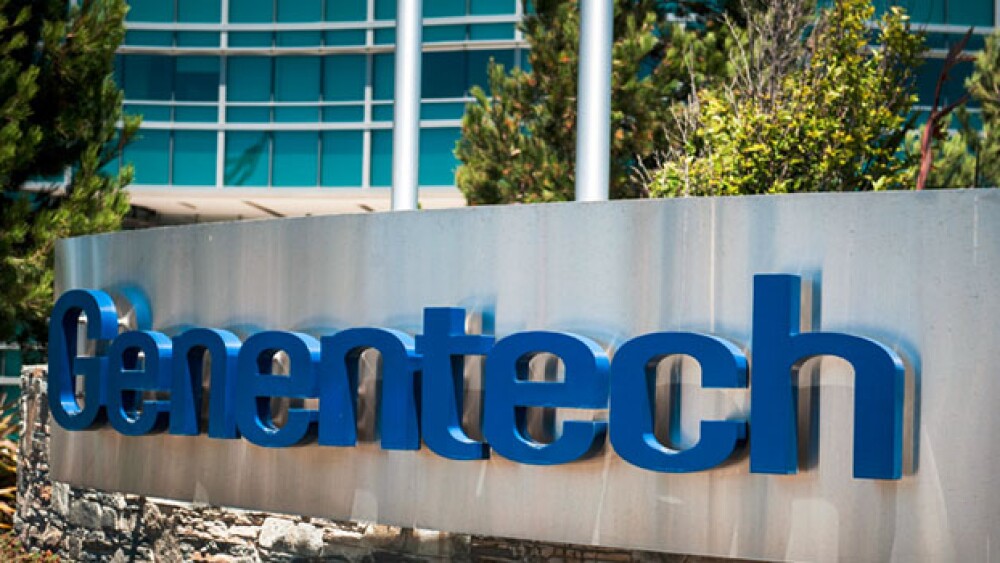Proteostasis Therapeutics, based in Boston, signed a worldwide, exclusive license deal with Genentech for rights to a possible small molecule modulator within the proteostasis network.
Proteostasis Therapeutics, based in Boston, signed a worldwide, exclusive license deal with Genentech for rights to a possible small molecule modulator within the proteostasis network. The companies are quick to note this does not include cystic fibrosis (CF) transmembrane conductance regulator (CFTR) modulators, which is Proteostasis’ primary focus.
The proteostasis network is made up of more than 1,000 proteins that participate in pathways that can be targets for drugs. Various factors, including mutations, the environment and aging, can imbalance the proteome, which is implicated in a broad range of diseases, including cancer.
The network ensures that all the proteins within a cell make it to their final destination correctly folded and functioning as they are supposed to be. When this system becomes imbalanced, it can lead to a decrease in protein quality control. These diseases are categorized as “loss-of-function” or “gain-of-toxic function.” Loss-of-function diseases include cystic fibrosis. Gain-of-toxic-function diseases include Alzheimer’s, Huntington’s disease, and Parkinson’s disease.
Under the terms of the deal, Proteostasis is eligible for upfront and milestone payments totaling over $100 million. They are also eligible to receive tiered royalties on any products that become commercialized out of the deal.
Genentech will handle all further research and development expenses related to the program.
“We are thrilled to enter into this agreement with Genentech, an industry leader with a proven record of success in small molecule research and development,” stated Meenu Chhabra, president and chief executive officer of Proteostasis. “PTI’s platform revolves around the modulation of protein homeostasis pathways within the cell, either restoring its normal state or enhancing its capacity to control or delay the progression of disease. We look forward to working with Genentech to leverage discoveries from this platform to potentially address unmet medical needs.”
In a research note, Elemer Piros, an analyst with Cantor Fitzgerald, wrote that this licensing agreement validates PTI’s network potential and hints at possible future deals. The two reasons for that were: the company’s library of indicators that are caused by inefficient protein folding caused by inherited mutations, and early cystic fibrosis proof-of-concept data.
Company stock popped more than 10 percent at the news. The company only recently launched its initial public offering (IPO), setting its price at $6.75 on October 23, to raise $74.3 million.
That was a big month for the company. On October 17, Proteostasis announced positive preliminary data from three doublet cohorts in its ongoing Phase I trial of its combination therapy doublet, PTI-808 and PTI-801 in CF, as well as an enrollment update for its triplet combo in CF, PTI-808, PTI-801, and PTI-428.
“Doublet combinations, the current standard of care for many CF patients, are the benchmark for current treatment in cystic fibrosis,” stated Carsten Schwarz, Head, Adult Cystic Fibrosis Centre, Lung-Transplantation Program, and Endoscopy Unit, Department of Pediatric Pneumology and Immunology, Charite, Berlin University Medical Center.
Schwarz added, “These data are the first results seen using an entirely new CF doublet, compare favorably to standard of care, and demonstrate the potential of next-generation CFTR modulators to further improve outcomes in this disease.”





